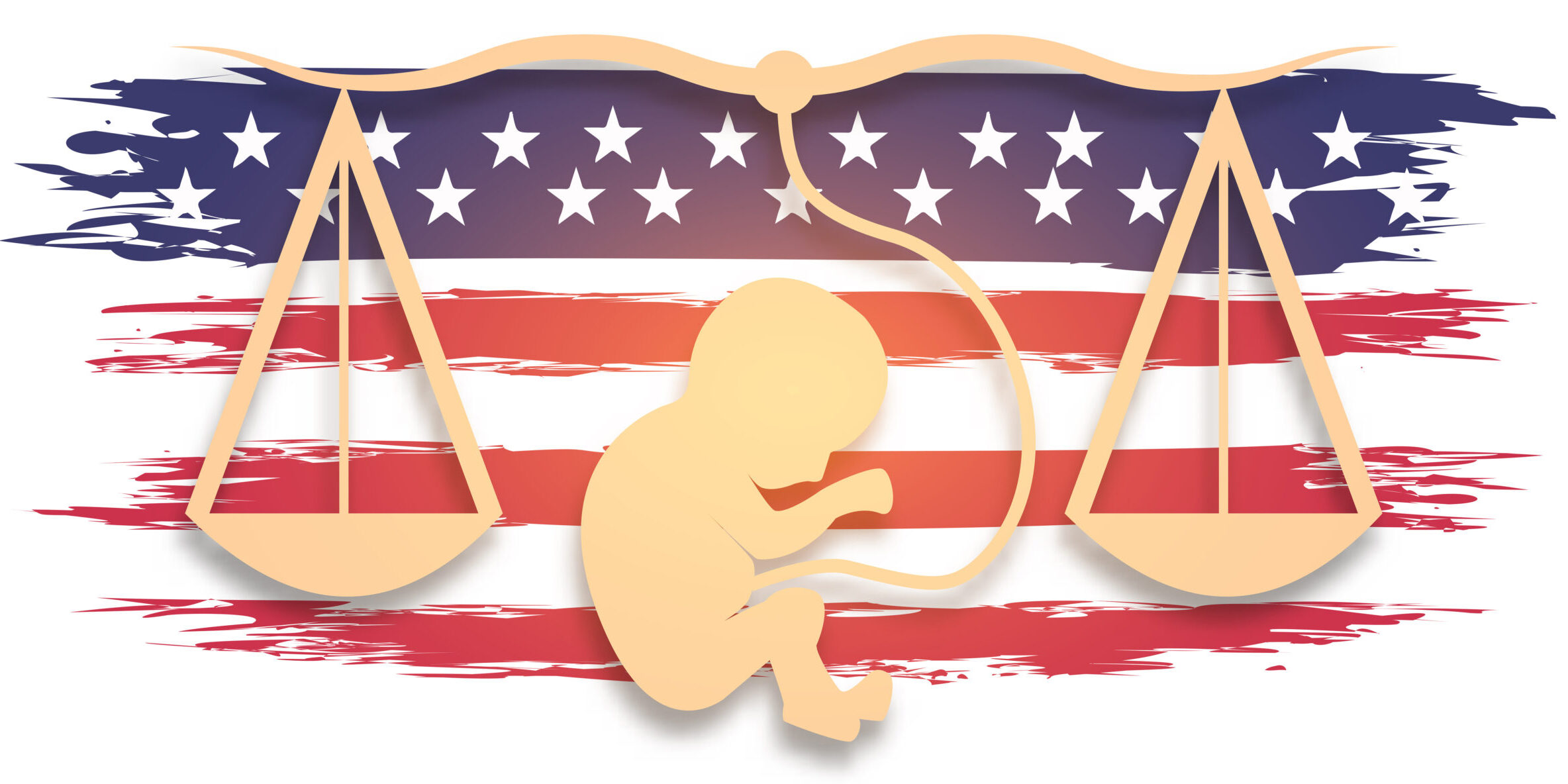
SCOTUS’s overturning the constitutional right to abortion worsens legal turmoil
Oh, what tangled webs high court decisions can weave. Writing for the Supreme Court majority last year in Dobbs v. Jackson Women’s Health Center, Justice Samuel Alito faulted Roe v. Wade as “egregiously wrong and on a collision course with the Constitution” for broadly granting abortion rights to American women.
Now, some eighteen months later, the opinion is creating its own federal and state constitutional collisions, say Dobbs opponents – including the U.S. Attorney General.
One of Alito’s rationales in Dobbs was that the Constitution never mentioned abortion specifically. Hence, the forefathers had no intention to protect any right to an abortion nationwide. The issue must be returned to the individual states to decide, he concluded.
Liberal justices: Abortion is an unenumerated constitutional right
Whoa there, said the three dissenting justices. The Constitution makes no mention either of contraception, inter-racial marriage, “same-sex intimacy,” or marriage in general. The dissenters might well have added the word travel to the list, another constitutional omission.
Yet over a span of two centuries, SCOTUS and lower federal courts have consistently upheld interstate travel et al as fundamental constitutional rights deserving of strict scrutiny, the most stringent of judicial reviews.
Thus, emboldened by precedent, on November 12, the U.S. Justice Department filed a Statement of Interest in support of two consolidated lawsuits seeking to protect the right of women to travel out of state for abortions. In the filing, Justice joins forces in the challenge with an Alabama women’s health center and a group providing financial assistance to low-income abortion patients.
“This filing,” said U.S. AG Merrick Garland in an official announcement of the filing, “demonstrates the Justice Department’s commitment to travel and to protecting reproductive freedom under federal law.”
AG oddly finds himself in same camp as Justice Kavanaugh
In a strange-bedfellows twist, Garland marches in step with Justice Brett Kavanaugh in the latter’s concurring opinion in Dobbs. May a state where abortion is prohibited bar a resident from traveling elsewhere for the procedure? “In my view, the answer is no based on the constitutional right to interstate travel,” Kavanaugh wrote.
Of course, Kavanaugh’s expression is mere dictum holding no legal force. Further, Kavanaugh could hardly be construed as an ardent defender of widespread abortion rights, having joined the majority in overturning Roe’s nationwide protection. (You may recall that as a SCOTUS nominee in 2018, said candidate deemed Roe as “settled law” in his Senate confirmation hearings.)
Meanwhile, opposing sides are girding for a likely momentous constitutional confrontation. Alabama AG Steve Marshall has vowed to “defend our pro-life laws.” In rebuttal, Associate U.S. Attorney General Vanita Gupta pledged “to use all available tools to safeguard reproductive freedoms.”
Abortion opponents work to undue state constitutional amendments
At the same time, abortion opponents are working to thwart brand-new state constitutional amendments protecting access to abortion in Michigan and Ohio.
Three Republican lawmakers in Michigan filed a lawsuit in early November asking federal courts to overturn an amendment approved by state voters in the November 2022 general election. The suit alleges the amendment conflicts with the First and Fourteenth amendments and with constitutional guarantees of a “Republican form of government.”
In Ohio, four GOP state legislators have drafted legislation that would give the legislature “exclusive authority over implementing” that state’s abortion-rights amendment passed by 57% of voters in the November 7 election.
Legal experts have decried the effort as solidly against the state constitution’s separation-of-powers doctrine. Even Republican Governor Mike DeWine has expressed doubts about the bill’s chances.
Whatever the outcomes, it’s certain that any constitutional collisions Justice Alito wished to avoid have been amply supplanted by others.
Disclaimer
The information on this website does not constitute legal advice and is not guaranteed to be correct, complete, or up to date. The information is provided as is without warranty of any kind, either express or implied, including but not limited to, the implied warranties of merchantability, fitness for a particular purpose, or non-infringement. Vanguard Communications authorizes website visitors to view, store, print, reproduce, copy, and distribute any pages for non-commercial purposes. In consideration of this authorization, you agree that a) any copy of these documents shall retain copyright and other proprietary notices herein, and b) this disclaimer is included with any distribution.